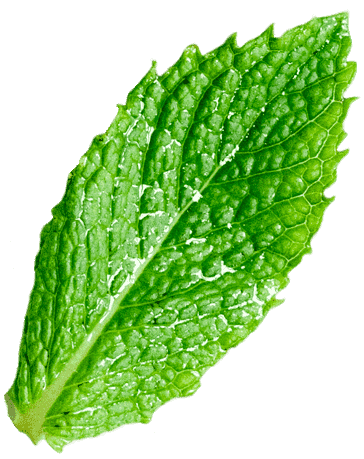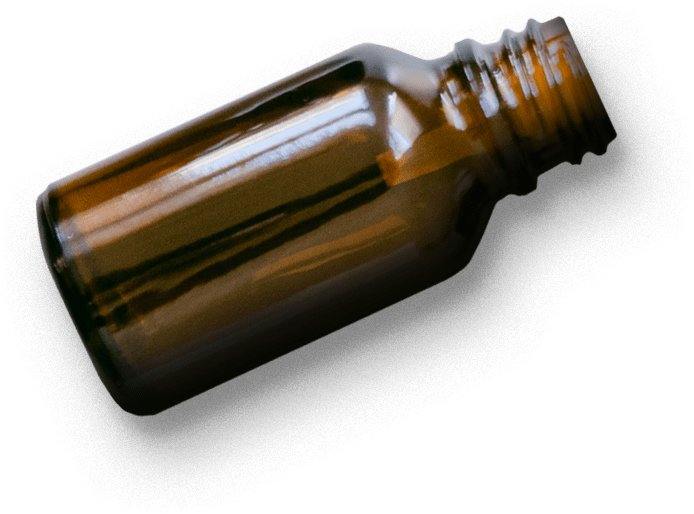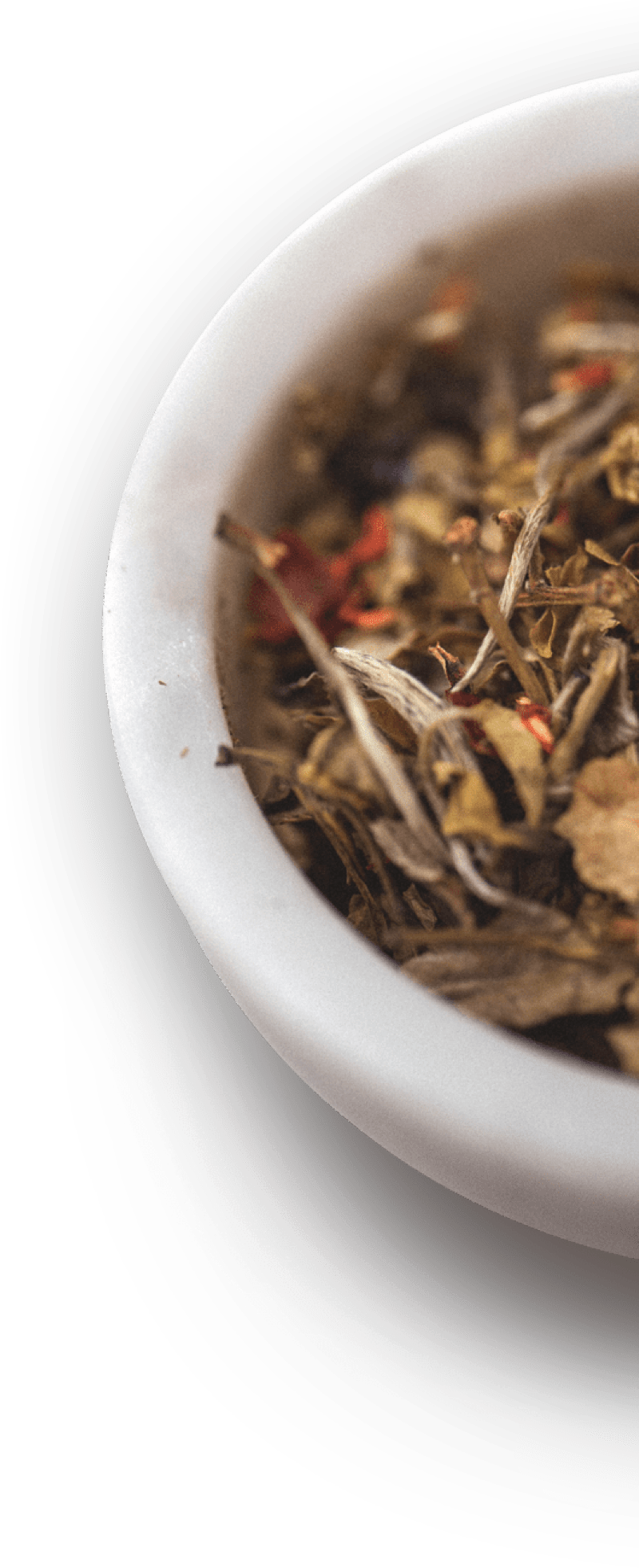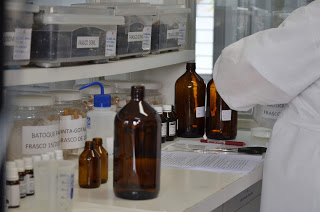Christian Friedrich Samuel Hahnemann 1755-1843
Failing to save the life of a friend, he abandoned the medical practice, because he considered that the doctor’s mission was to heal and not to rush to death. He was very knowledgeable, a scholar, an observer, and a polyglot. It is said that he knew Greek, Latin, Hebrew, Arabic, Chaldean, German, French, Italian, Spanish, among other languages. The knowledge of these languages is decisive in the life of Hahnemann, he began to survive realizing works of translation. He translated mainly medical and scientific works, retaking studies of ancient masters such as Hippocrates and Paracelsus. The therapeutic system known as Homeopathy uses substances specially prepared and highly diluted to put into action the healing mechanisms of the body itself.
Laboratory research with homeopathic medicines is very scarce; the majority of the studies carried out are of a clinical nature, with varied methodologies, controversial and doubtful results in relation to their real cure efficiency. Even so, the number of people who use this therapeutic system is great when compared to the other treatment methods.
It is important to note that Hahnemann based the selection of effective drugs on the rudiments of an experimental and therefore scientific method that could be tested. It was a new idea for medicine, but it was consistent with science, as understood at the time. At least it allowed the empirical verification or rejection of a certain rationale for the therapeutic process. This, in fact, had not been offered before.
It took about 150 years for the ideas from these tests to begin to be researched in the form currently recognized. But at the time of its discovery, homeopathy had a “science” more advanced than other forms of medicine. Consequently, we see that homeopathy had its origins in an era of history in which the medieval and modern worlds intersected. He mixed ideas of alchemy and chemistry and applied them in an individual and holistic way to disease.
Homeopathy used induction (experimental test) rather than deduction (theoretical test) as the basis of their system. It was a product of the Enlightenment, a curious blend of the ancient and modern worlds. Hahnemann lived during the birth of the modern world. It was the period of the Napoleonic Wars in Europe and the French and American Revolutions. It was also the period in Western history called Enlightenment when the idea was developed that reason could be the main source of knowledge and methods of scientific investigation. It was a time of many independent thoughts and creativity, the period of Newton, Goethe, Jenner and other great thinkers in the arts and sciences.
“Changes that occur in material substances, especially medicinal ones, by grinding with non-medicinal powder, or when dissolved, by shaking with a non-medicinal fluid, are so incredible that they approach miraculous, and cause for joy that the discovery of these changes belongs to Homeopathy.” Samuel Hahnemann.












